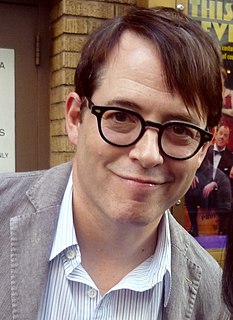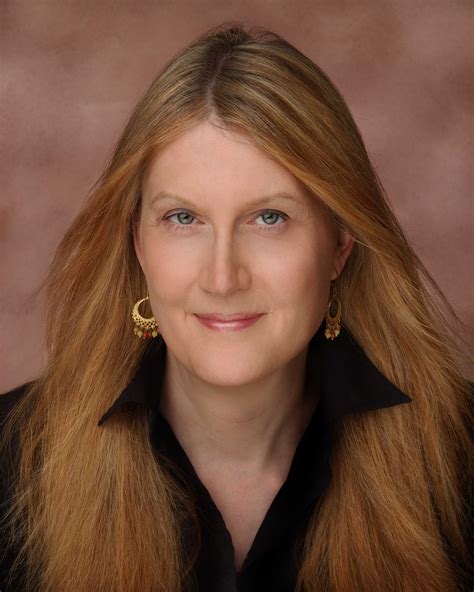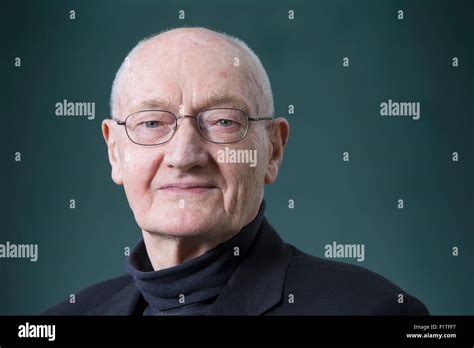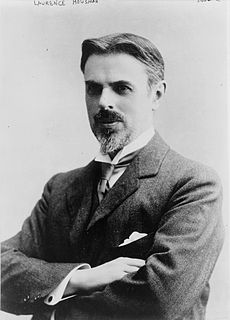A Quote by E. O. Wilson
We've got paleolithic emotions, medieval institutions, and god-like technologies.
Quote Topics
Related Quotes
Humanity today is like a waking dreamer, caught between the fantasies of sleep and the chaos of the real world. The mind seeks but cannot find the precise place and hour. We have created a Star Wars civilization, with Stone Age emotions, medieval institutions, and godlike technology. We thrash about. We are terribly confused by the mere fact of our existence, and a danger to ourselves and to the rest of life.
The paradox is that, by children taking shortcuts through computer games, through fantasies, through movies that load on all the emotional stimulation of encountering life in a stylized way - all of this is the equivalent of mainlining of paleolithic emotions, emotions about combat, about personal success, about overcoming monsters, about making powerful friendships, about winning wars and entering new territory.
The technologies which have had the most profound effects on human life are usually simple. A good example of a simple technology with profound historical consequences is hay. Nobody knows who invented hay, the idea of cutting grass in the autumn and storing it in large enough quantities to keep horses and cows alive through the winter. All we know is that the technology of hay was unknown to the Roman Empire but was known to every village of medieval Europe. Like many other crucially important technologies, hay emerged anonymously during the so-called Dark Ages.
I feel like somebody who just got out of prison after 40 years for something she didn't do, like I got pardoned by the governor. When dear friends deal with me with mixed emotions, it is a little like being told, 'Well, Jenny, we're glad you got sprung, really, but quite honestly we did kind of like you better when you were in jail.
The institutions that claim to represent God, when they are not ignored altogether, are treated like other human institutions that have to earn their right to a hearing by the value of what they say, and not by virtue of who is saying it. Today, authority has to earn respect by the intrinsic value of what it says, not by the force of its imposition.
The evolution of government from its medieval, Mafia-like character to that embodying modern legal institutions and instruments is a major part of the history of freedom. It is a part that tends to be obscured or ignored because of the myopic vision of many economists, who persist in modeling government as nothing more than a gigantic form of theft and income redistribution.

































